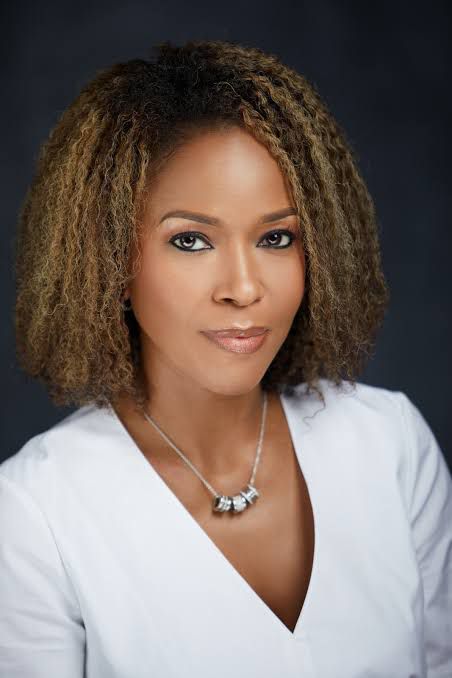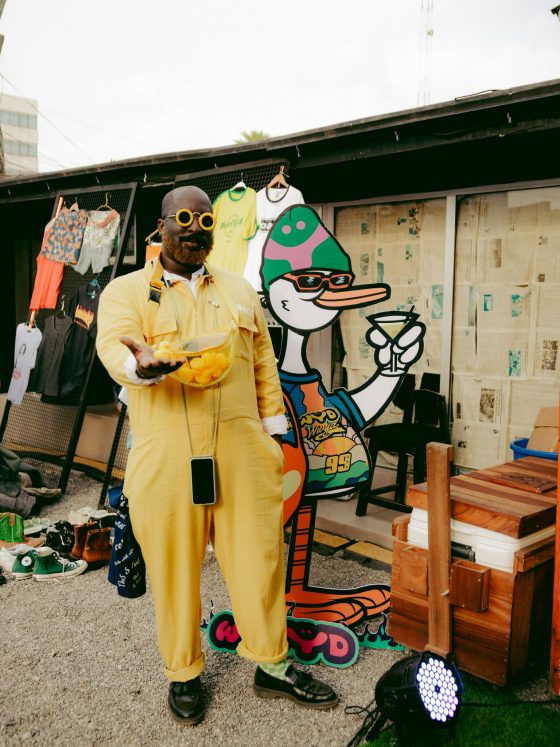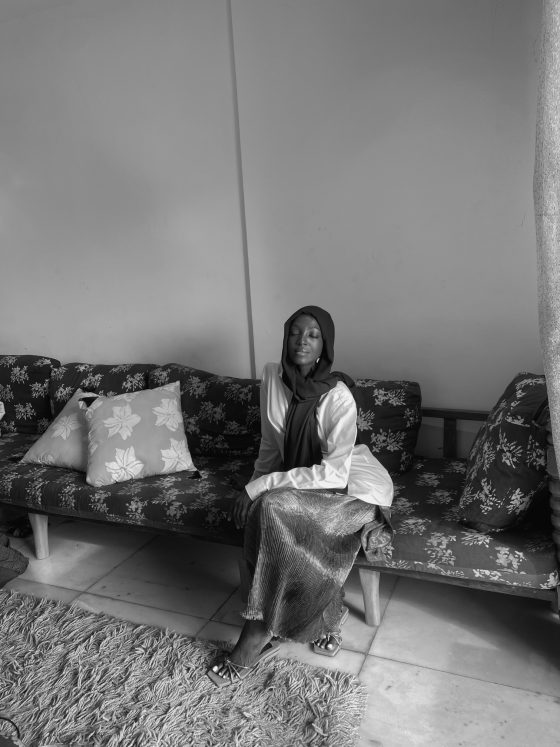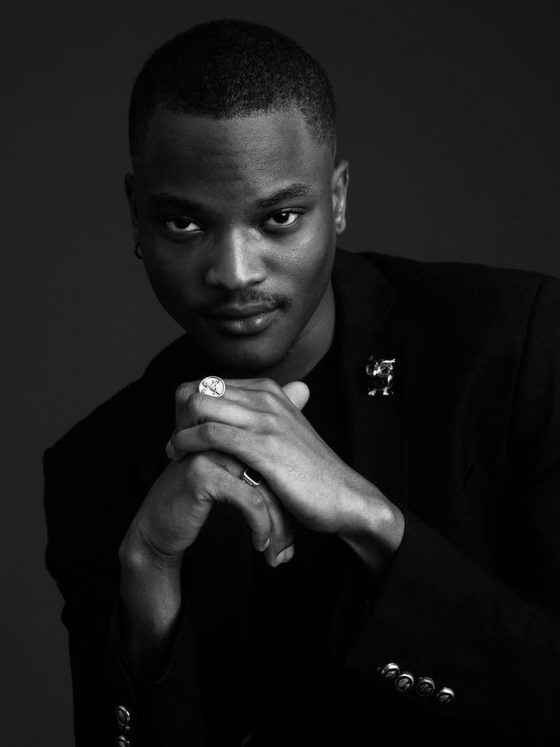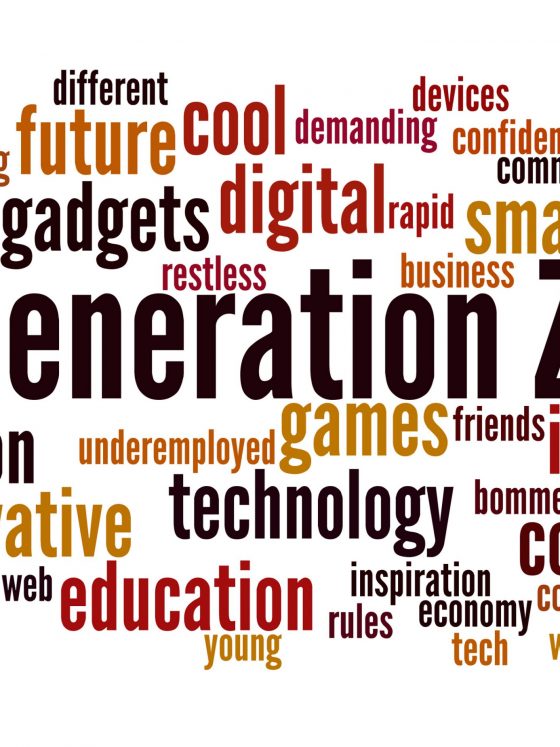Let’s face it, the dynamics of employment are changing – and it has been for a hot minute now. For a while, Millennials were leading The Great Resignation, leaving careers and jobs that they felt were not working in their best interest – and society as well. Take this and turn it up to a hundred – that’s precisely what Gen Zers have done.

You’ve seen the memes, watched the funny TikTok, and heard the snide remarks. The stereotype that Gen Z employees are notoriously loud about wanting better working conditions than previous generations is false. These complaints about a younger generation’s workplace attitudes might sound familiar only because they are not entirely new. Simply turn to all the many, many takes on how millennial employees were lazy and entitled.
“I don’t think Gen Z wants more than others. In fact, we want the same things as other generations. However, due to the internet, we have become way more vocal about it since we have the potential to reach a large audience” – DeAndre Brown.
Gen Zers already make up 24% of the global workforce – as of December 2021 – and that’s only going to grow larger in the coming years. By 2030, this figure is estimated to jump to 30%. As it stands, about 9 million Zoomers are contributing to business succusses across the U.S. This shift in workplace dynamics has employers – mostly older millennials and Generation X – struggling to balance their youngest employee’s expectations against the business’s needs. Trying to answer the all too important question; What will it take to make Gen Zers happy at work? An older person is reading this and probably saying to themself; happy at work????” Yes, happy at work. If you’re trying to maximize the potential of that Gen z employees, the first thing they NEED to be is happy. As Gen Zers enter the workforce, employers should create environments conducive for recruiting and retaining.
Gen Zers care a lot about work-life balance and personal well-being.
Every generation wants a better work-life balance. We – Zoomers – are just more vocal about our needs. Work-life balance is about achieving the right balance between personal and professional aspects of life. According to a recent study by PWC, work-life balance is ‘important’ for 95% of Millennials while being ‘very important for 70% of my generation. Flexibility regarding working hours is at least thing Millennials and Gen Zers can agree on. We feel the most comfortable when we can decide our working structure – Best believe this doesn’t stop the job from being done. The 40-hour, 9-to-5 workweek is not as appealing to most Gen Z workers, who prefer space to pursue personal and professional fulfilment on their terms.
“Almost all the Gen Zers recruits I have met opt for part-time work” – Seyi Ekisola.
Enabling employees to work from other offices or remotely from a location they aspired to live or providing the flexibility to pursue a graduate degree part-time allows Gen Z to grow professionally and personally. In addition, benefits such as paid time off, mental-health days, or activities that create a sense of community are essential for Gen Zers. This simply means when looking to attract and retain talent, organizations must consider what they can offer to Gen Zers that encourages a healthy lifestyle and greater well-being. Is your company thinking beyond traditional employee benefits? Are you fostering a culture that considers the whole person and not just what someone can accomplish eight hours a day? When Gen Zers believe they are surrounded by like-minded people who feel their effort has a purpose, work is less like a job. We simply care about our mental health and want to work for employers who care about it too.
Gen Zers want to know what your company is saying about societal issues.
Gen Zers faces arguably some of the greatest environmental, social and economic crises – not understating pandemic-related health concerns. A typical Zoomer supports brands that align with their values, and these same values come to the fore when making career choices. This is a generation that has no hesitation in confronting an issue, raising their voice and calling for change. As Baby Boomers and Gen X employees start to retire, industries and organizations that are slow or resistant to change are bound to have a long-term talent shortage.
“You talk to older people, and they’re like, ‘Dude, we sell tomato sauce, we don’t sell politics.’ Then you have younger people (Gen Zers) being like, ‘These are political tomatoes. This is political tomato sauce.” – New York Times.
The Gen Z and Millennial generations want to work in a company that stands for something beyond simply making a profit. They want their work to make a positive societal or environmental impact. Being the most diverse group to enter the workforce yet – in race and gender. As a result, they expect diversity to be a top priority for their employers – move with the flow. That means things like gender-neutral bathrooms, equal pay for equal work, and support for racial inclusion movements such as Black Lives Matter.
Gen Zers want to know what exactly is expected from us at work.
Gen Zers want to be deeply invested in their work and know their time and effort have a real impact. To do this excellently, a lot of direction is expected from their managers. It feels like the internet is to blame for everything at this point, but we grew up watching YouTube videos to learn how to do anything. We had Google and more involved parents to guide us through schoolwork – sometimes. The more detailed you are in your instructions and what needs to be accomplished, the better off we’ll all be.
For the younger generation to thrive in today’s workforce, employers must launch initiatives that reinforce the company mission and employees’ roles in achieving goals—giving employees a platform for two-way dialogue with leadership and allowing people to have their voices heard. Providing easy access to information and resources and offering a substantial understanding of expectations in the workplace. Employers need to engage with their younger workers, paying close attention to see what issues matter to them. We may not need constant recognition for a job well done, but we want to be heard.
Gen Zers want to know what’s in it for them.
“Gen Z workers expect proper compensation for the work they do and a certain level of mutual respect from their employers. These may be the same things that other generations want as well, but I believe Gen Z are less willing to give them up to have a job, especially an entry-level job” – Jack Ching.
The generation that’s flushed with success stories of TikTok stars raking in hundreds of thousands of dollars on viral videos isn’t jumping at the thought of slaving away at an entry-level job for years before their next promotion. For the parents and grandparents, company loyalty was an expectation. Remaining in one position for a long time was indicative of character, but many Gen Zers no longer view it as a priority. Even working with companies/organizations whose missions I feel aligned with, I’ve never held a job where I’m not thinking about what’s next – what I plan to achieve here and for how long.
“I feel like these companies don’t have loyalty to us. At the end of the day, they’re trying to make money and run a business and they will get rid of us just as quickly as we could get rid of them” – Arial Robinson.
Of course, financial factors come into play – Retaining Gen Z employees might be easier in times of economic uncertainty. Eventually, Gen Zers stay with an organization based on the environment the employer creates. The good news is that companies are listening and responding.




